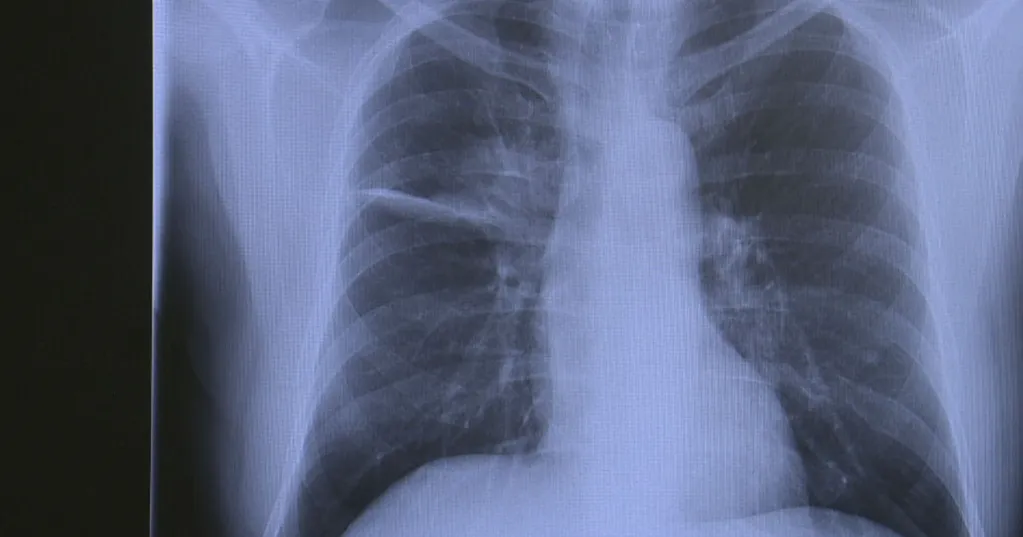Your Reporter Kelly Werthmann specializes in coverage of Aurora. She also anchors CBS Colorado's weekend evening newscasts. Share you story ideas with her by sending an email to yourreporter@cbs.com.
For more than two decades, Dr. Ross Camidge has been a leading voice in lung cancer research, helping thousands of patients around the world defy the odds. Now, the internationally recognized oncologist is sharing his own diagnosis in hopes of changing how the disease is perceived.
Camidge, director of the lung cancer program at the University of Colorado Cancer Center, has spent much of his career developing targeted therapies and studying the disease's progression. He's known for helping patients live longer, fuller lives -- some for decades after diagnosis.
"I have people who are in their 20s when they're diagnosed, and they're now in their 50s," Camidge said.
But now, some of the scans Camidge now studies are his own.
"Just over three years ago, I got diagnosed with lung cancer, but I kept that diagnosis secret," he said.
Camidge explained he first noticed he had a wheeze and shoulder pain, symptoms he chalked up to asthma or a pulled muscle. Yet an X-ray revealed otherwise.
"Within about four days, I had gone from saying, 'Oh, maybe I pulled something at the gym,' to knowing that I had stage four, advanced incurable lung cancer," he said.
For years, Camidge continued his work in silence, out of respect for his children as well as his patients. But now, he's going public -- not for sympathy, but to help others.
"I thought maybe some good could come from coming out and reminding people that you've actually been interacting with a cancer patient," he said, "and to get rid of that idea that a diagnosis equals the end of value."
Camidge is also pushing for a shift in how lung cancer is discussed, showing people how some cancers can be managed as a chronic condition, not a death sentence.
"It's being presented now as the sort of HIV of 20 years ago," he said.
When asked if he's angry about having the same disease he's spent his life studying, Camidge offered a perspective few might expect.
"No one has ever asked me that. No, in fact, and this may sound bizarre, within literally days, I rationalized that it was a privilege to have it, that I could walk in the shoes of all of those patients I've had before," he said.
Camidge continues to lead research and mentor young doctors, hoping his story proves that even with a terminal diagnosis, life -- and purpose -- go on.
